The Lychee Road's composer and his colleagues redefine music for films and games with ancient instruments and modern software, Chen Nan reports.
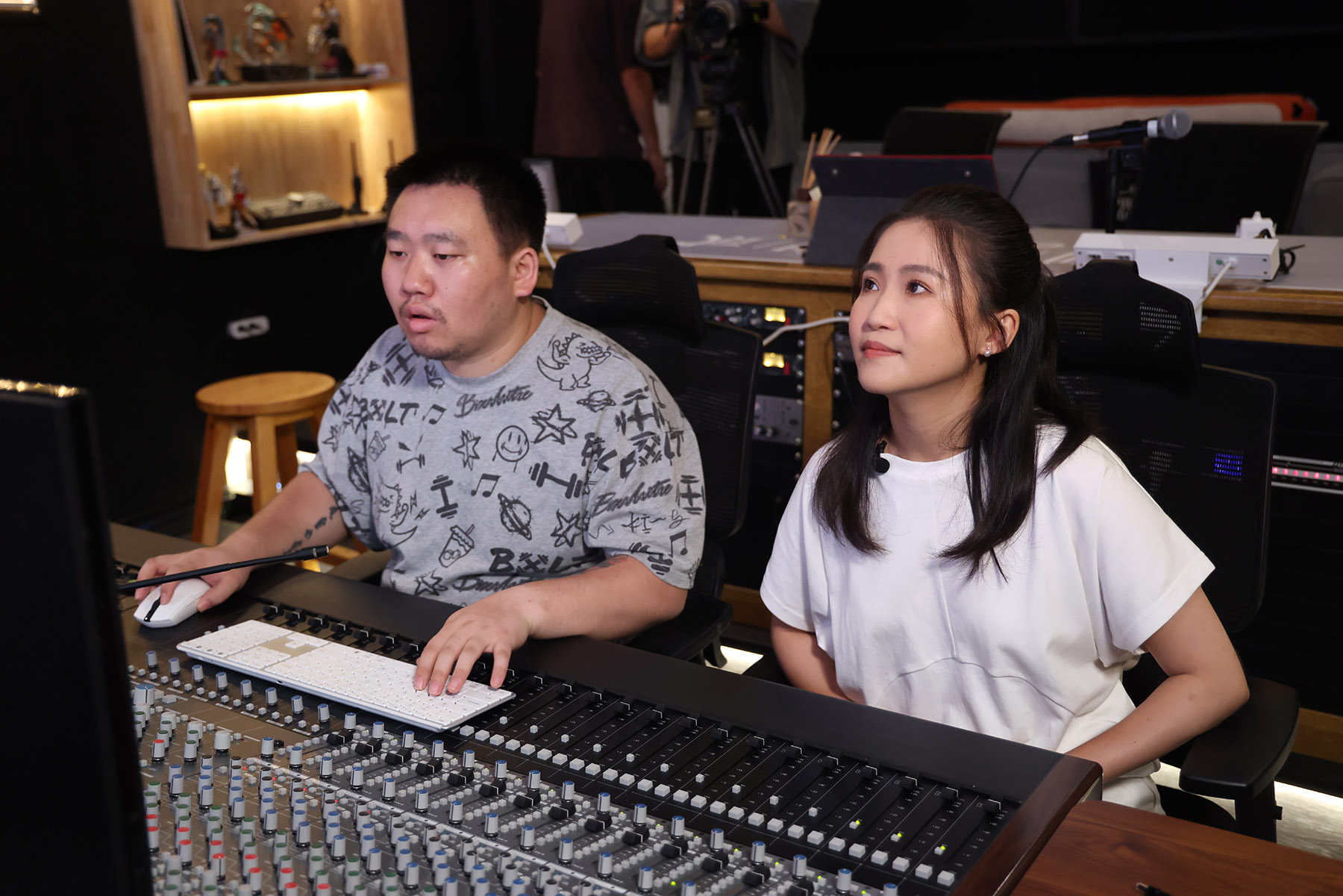
Tucked away in a sleek, modern office building in Beijing, beyond the hum of busy front desks and the rustle of paperwork, is a quiet, unassuming door. Behind it lies a world of sound and silence, where time and space dissolve. This is the sanctuary of Zhai Jinyan, a 33-year-old composer blending centuries-old Chinese musical traditions with cutting-edge technology to craft music that speaks across eras.
It's from this intimate room that Zhai, the music director of 8082 Audio Studio, crafted the powerful score for The Lychee Road, a Chinese film that captivated audiences nationwide and topped the box office on its opening weekend. Directed by Dong Chengpeng (known as Dapeng) and adapted from Ma Boyong's best-selling novel, the film tells the story of Li Shande, a low-ranking official who embarks on a perilous 2,600-kilometer journey to deliver fresh lychees to the emperor's favorite concubine — within five days.
"The weight of the lychees is more than just physical — it's symbolic," Zhai explains. "My job is to turn fruit into fate, crafting a melody that reflects the subtle changes. Music expresses what words often cannot — hidden fears, impending betrayals, tragedies just beyond reach."
For Zhai, every note in The Lychee Road carries profound meaning. Steady piano rhythms mirror Li's simple, routine-driven life in Chang'an, his hometown. "It's not just about where the character is — it's about where he comes from," Zhai says. "Traditional folk songs and regional melodies are emotional anchors, vessels of memory and identity passed down through generations."
As the story travels across China's varied geography, so too does the score, shifting with the landscapes of northwest and southern China. From the labor chants of the north to the vibrant, community-driven sounds of the Lingnan region in the south, instruments like marimbas, bells, and orchestral textures harmonize to reflect a collective spirit — one that intertwines humanity, nature, and purpose.
Zhai's unique approach fuses traditional Chinese music with contemporary composition techniques — a style deeply influenced by his education at the National Academy of Chinese Theatre Arts, a leading institution in opera and traditional performance. While his work often reflects modern trends, the rhythms and emotional depth he gleaned from Chinese opera, such as Peking Opera and Kunqu Opera, continue to shape his musical language.
"There's something raw and emotionally intense in traditional Chinese music," says Zhai, who began piano lessons in his hometown of Shangqiu, Henan province. "That's what helps me compose scores that don't just support a film — they become part of its soul."
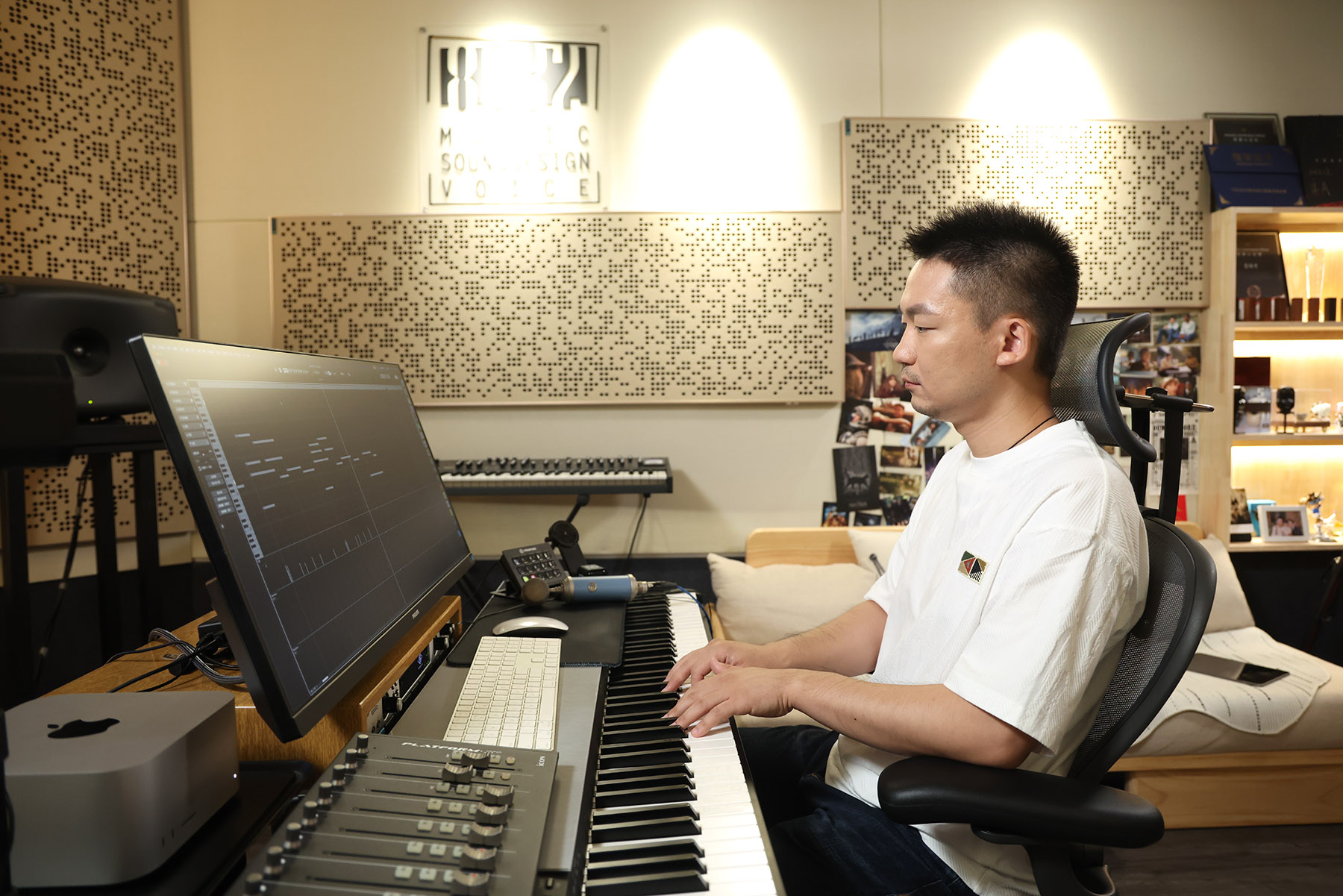
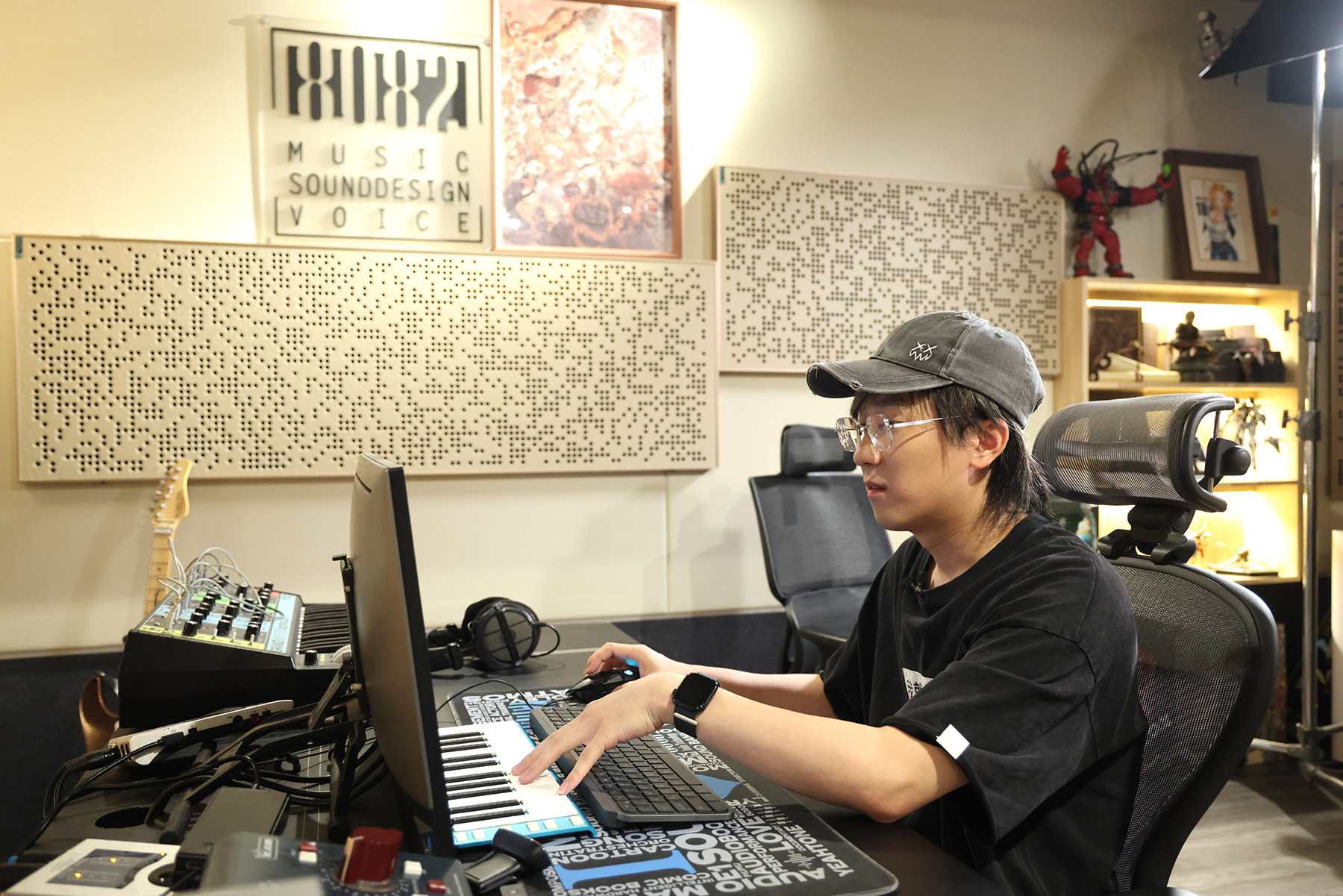
Now, 8082 Audio Studio, a cutting-edge audio production company based in Beijing, plays a leading role in the evolution of Chinese original music, particularly in the booming video game industry.
Often seen as modern entertainment, video games are now powerful tools for cultural expression and exchange. In the digital age, they serve not only as global storytelling platforms but also shape narratives and values across cultures.
"For young people, games are a way to engage with and absorb foreign cultures — language, history, art, social norms — all while having fun," says Tong Zhuxin, a voice actress and dubbing director at 8082 Audio Studio.
Tong, who has worked as a dubbing director for the global hit action role-playing game Black Myth: Wukong, based on the legendary Journey to the West, sees the deep impact video games have on modern cultural trends. Players step into the shoes of Sun Wukong, the Monkey King, as they embark on a mythic journey westward, exploring themes from the classic novel in a new, interactive form.
"When I was younger, I played games for fun," Tong recalls. "But now, games have become a vital cultural phenomenon. They set trends. Their narratives resonate globally, especially with younger audiences."
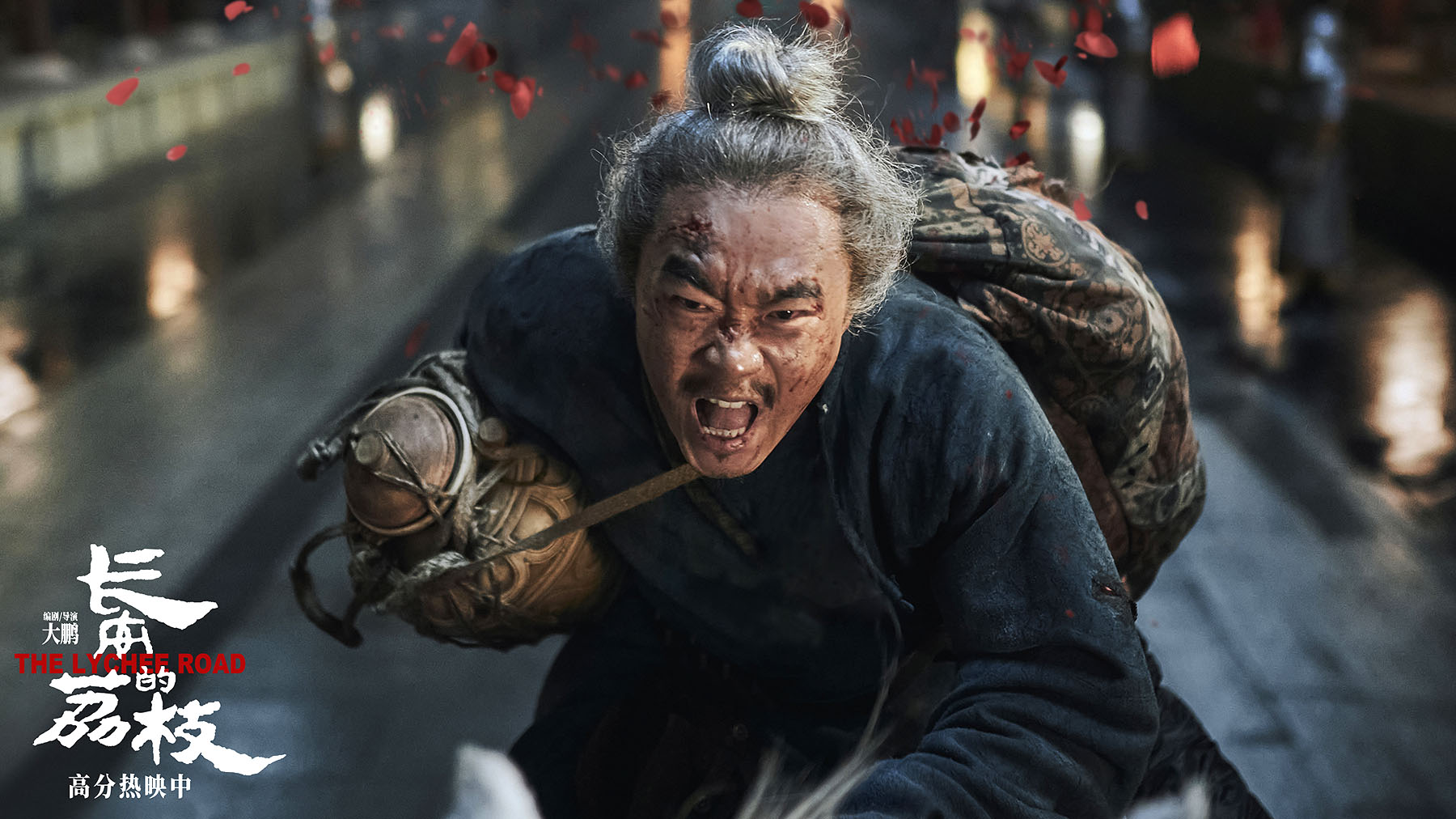
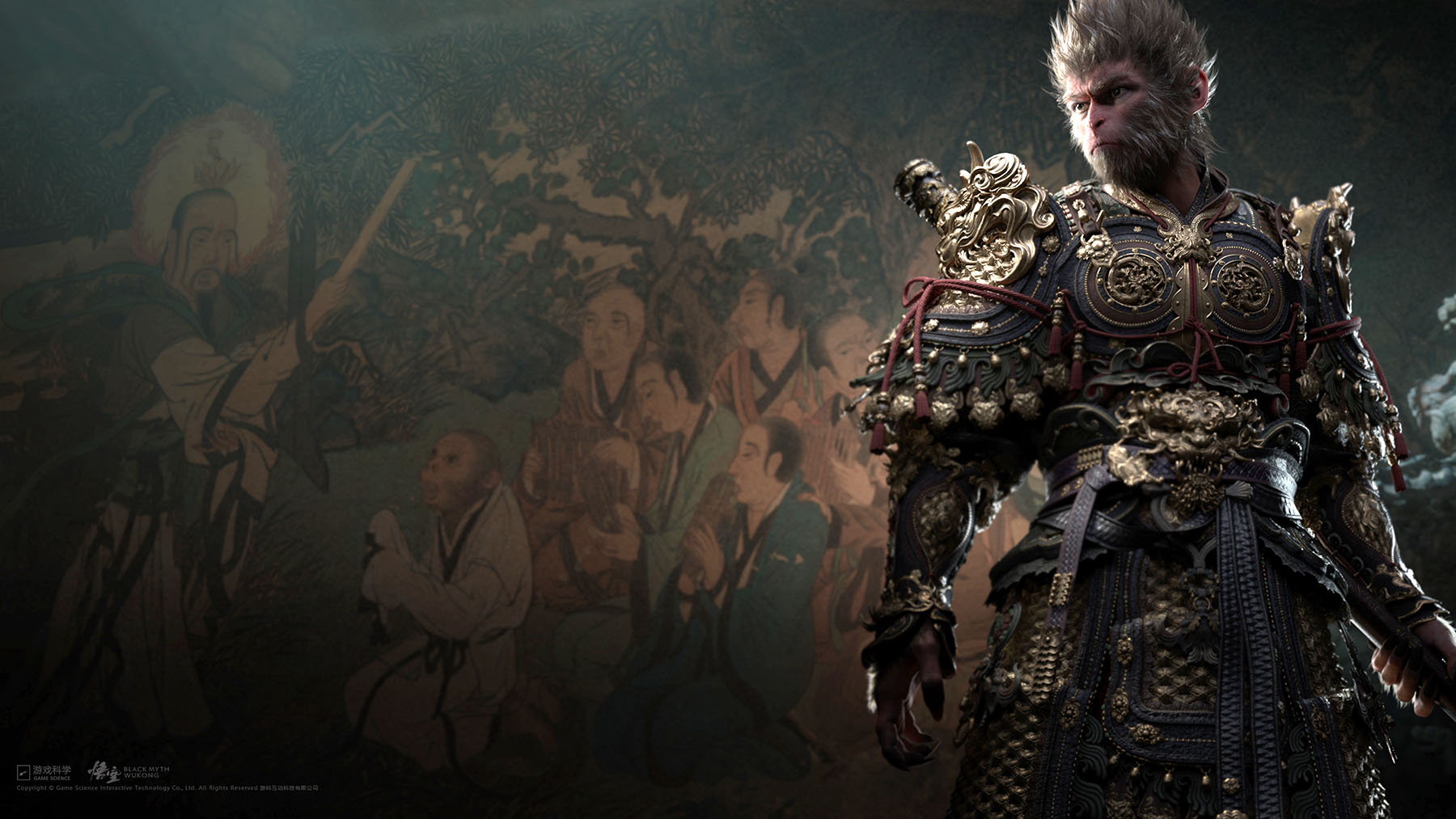
Music plays a key role in those cultural narratives. For Black Myth: Wukong, iconic tracks from the 1986 Journey to the West TV series, like Yun Gong Xun Yin (Celestial Symphony) and Gan Wen Lu Zai He Fang (Where Lies the Path Ahead), were reimagined for the game, honoring the classic while giving it a fresh musical language.
"We're blending tradition with innovation," Tong says, "allowing players to experience Chinese culture through a lens that feels both familiar and fresh."
ALSO READ: Black Myth: Wukong vocalist defends ‘provocative’ song title, unpacks inspiration
Zhang Tianyu, a sound designer at 8082, agrees. He believes that sound is no longer a secondary consideration in video games. As gaming technology advances, sound has shifted from background detail to centerpiece. "In the past, sound was often an afterthought, but now, it's essential," Zhang explains. "Sound can amplify the impact of a story, turning a game from just interactive entertainment into something deeply emotional."
For Zhang, who holds a degree in music production and sound design from Beijing Contemporary Music Academy, the power of sound lies in its ability to communicate a creator's personality and emotional vision. "Every note and every sound tells a story," he says, emphasizing that sound makes people feel something.
Contact the writer at chennan@chinadaily.com.cn


